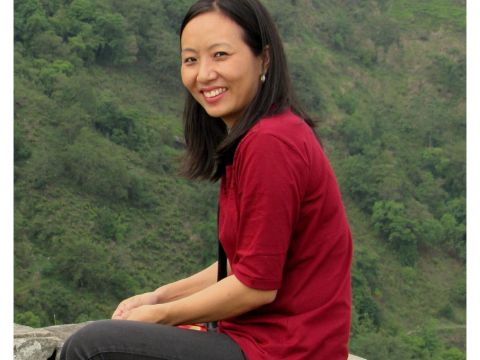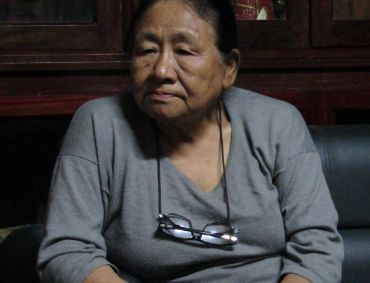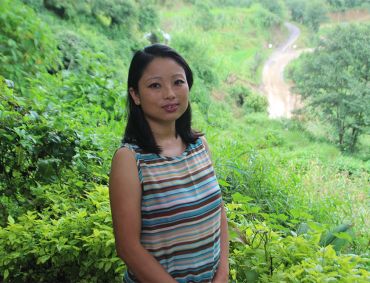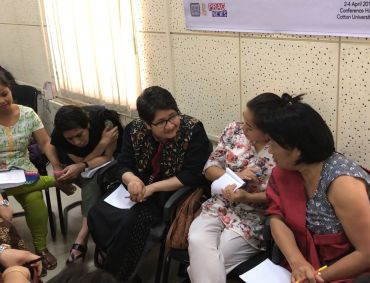Voices from the Outside
Dr Imsuchila Kichu is an Assistant Professor of English at Cotton University, Assam. The following is an excerpt from a piece penned by her reflecting upon Naga women and society from the perspective of an insider who has lived away from her community.
As an Ao woman, I speak of my experiences and what I have observed of my society from the outside. A woman in the Naga society is both liberated and constricted at the same time. Our society gives ample space and opportunity to women for personal development and growth but it also holds them back in another way. Personal freedom does not overlap with social rights and equality. Political and administrative spaces have always been dominated by men both in the past and in the present.
In my opinion this disparity still exists today not because women have not proven themselves but simply because in the traditional social set up duties and responsibilities were gendered and adhered to quite strictly. Thus, while women were always loved and nurtured and were considered as the nurturer, they were never seen as the governor or the protector both within the family and in the society. It takes a long time for such deep seated perspectives to shift and become more accommodating. This is why today even when the woman brings a lot to the table, there is no place for her and the male counterparts find it disconcerting to make space for her. Gender inequality is also seen not only in terms of power positions but also in wage and share of inheritance from parents.
However, it must be acknowledged that like any other society, we have undergone transitions which have brought in noticeable changes no matter however inadequate they are. Today both within the church and in the socio-political sphere, women have congregated and formed associations which function as a collective representation of all women. Although these associations still come under the ambit of male dominance and are not entirely independent and vested with autonomy, they become the agents to negotiate space for all women collectively. Our culture and tradition is our pride and identity and the customary laws have existed for good reasons. But it calls for all women to pool in their intellectual, physical and spiritual resources to form one powerful agent that would create a system in which a culture that has always cherished and valued women would now open up to also accommodate global ideas like women rights and equality and do away with unfair reservations. The challenge to persist and negotiate for a more gender equal society still remains and it is important for both men and women to come together as partners to initiate change.
Ao - one of the major Naga tribes
Dr Imsuchila Kichu
Assam
India



